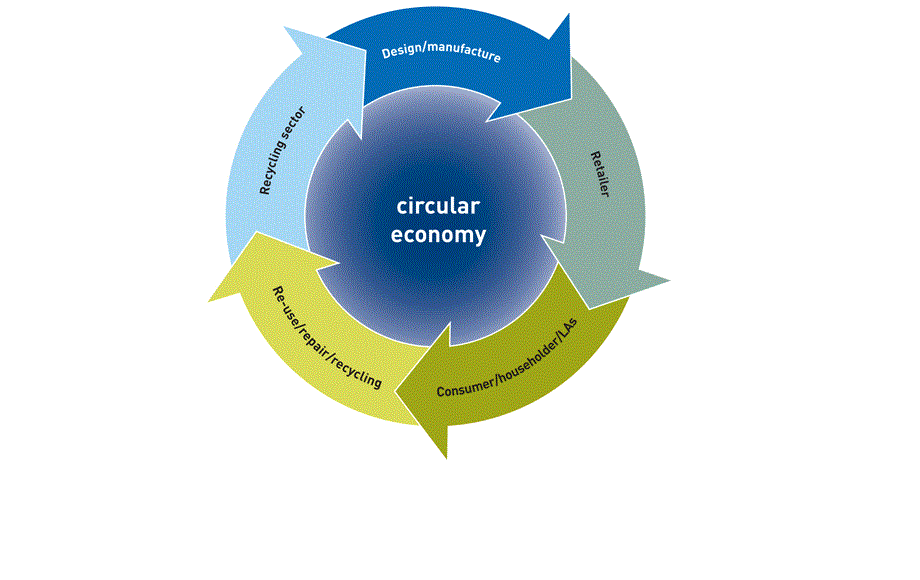Foam cups and containers, single-use plastic bags and plastic straws will all be banned in Richmond if city council has its way.
Council voted unanimously on Tuesday to plan and implement all three bans by Jan. 1, 2020.
At the committee meeting, Richmond Mayor Malcolm Brodie compared bringing in the ban on these single-use items to the switch made years ago to mandatory green bin collection and garbage pickup reductions, saying there was a “concerted effort” to consult and educate the public so everyone was familiar and comfortable with the plan.
“The success with these kinds of bans is largely dependent on the amount of notice we give and the education we give and the public awareness of the situation, and hopefully it will be a success,” Brodie said.
Funding in the amount of $300,000, coming from the sanitation and recycling budget, was also approved to help implement the foam ban – council also asked staff to come up with a budget and plan to implement the other two bans as well.
Exceptions for the foam ban would be put in place for hospital and care facilities and charitable organizations, and a grace period would be allowed for stores that have stocked up on plastic bags.
In addition to the single-use item bans, council also approved a work plan to start integrating a “circular economy criteria” into city purchasing.
The report to council quotes the Ellen McArthur Foundation which defines a circular economy as “an economic and industrial system that is restorative and regenerative by design.” This is an alternative to “the take-make-waste” model in which we “take” resources from the ground, “make” products, then throw them away, rendering them “waste.”
Coun. Chak Au, who first asked for a ban on single-use plastics earlier this year, said he was impressed by the level of detail in the reports and how all these initiatives are coming together.
“It confirms the idea that we have to think in a holistic way, all these things are interconnected,” Au said.
He added there are no simple solutions to the environmental issues the city is facing, but he is in favour of phasing in what can be done now and doing further consultation.
The city buys goods in five main areas: construction, professional services, vehicles, maintenance, repairs and operations and IT.
Staff are recommending establishing a framework to integrate criteria specific to Richmond, developing ways to measure results and impacts, assess costs, look for innovative solutions within the departments at city hall and engage vendors and local businesses to let them know about the circular economy initiatives and expectations, engage stakeholders in the process, and work with industry so staff can learn about solutions.
Staff will come back in a year with policy changes to support a circular economy including cost, toolkits and how to implement the policy.
The cost of the circular economy initiative was estimated at $150,000.



